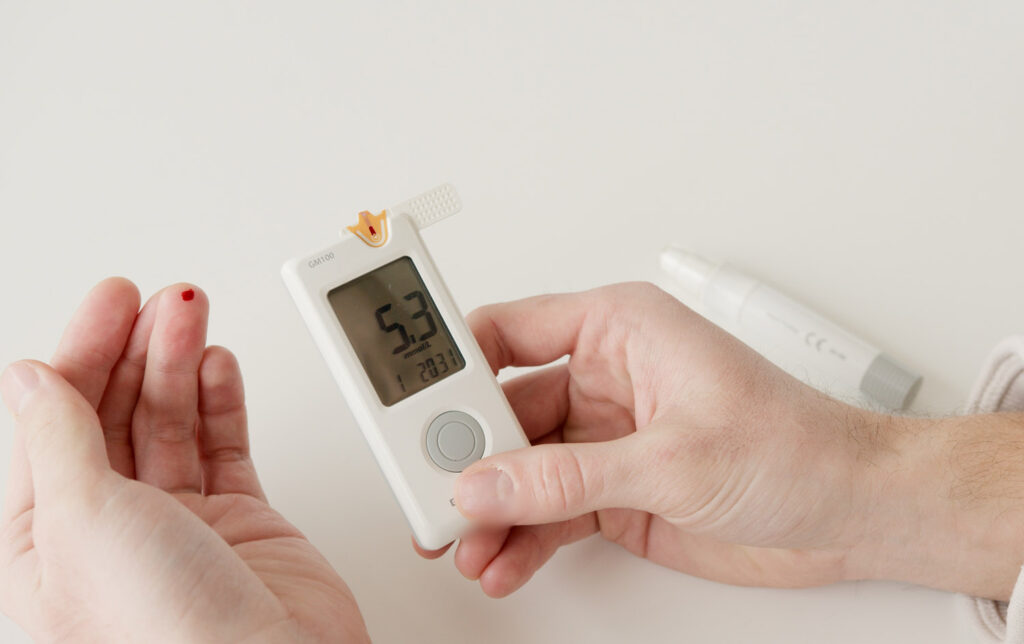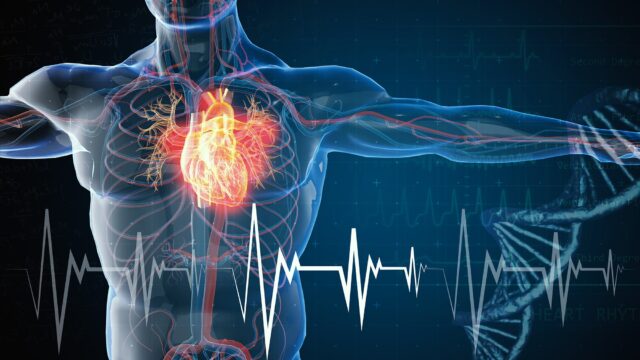Understanding how glucose impacts metabolic health is crucial in the journey towards effective weight management. Glucose, a simple sugar, is the body’s primary energy source, but its regulation is key to maintaining optimal health and achieving weight loss goals. Continuous Glucose Monitoring (CGM) technology has emerged as a revolutionary tool in this context, offering real-time insights into how different foods and activities affect blood sugar levels.
The Role of Glucose in Metabolic Health

Glucose levels that are too high or too low can lead to a range of metabolic issues, including insulin resistance, which is often a precursor to diabetes and can significantly hinder weight loss efforts. By maintaining a balanced blood sugar level, individuals can improve their metabolic health, leading to more effective weight loss.
How Using a CGM Can Aid in Weight Loss
CGM devices provide continuous insights into glucose levels, allowing users to understand how their lifestyle choices impact their health. This real-time feedback can guide dietary modifications, exercise routines, and other lifestyle changes that are conducive to weight loss and improved metabolic health. For a deeper dive into leveraging CGM for weight loss, consider exploring Dr. Daniel Cordero’s insights on CGM for Weight Loss.
Scientific Evidence Supporting CGM Use
The effectiveness of CGM in weight management and metabolic health improvement is backed by scientific research. A study published in PMC – NCBI underscores the benefits of using Continuous Glucose Monitoring in clinical practice, offering a compelling argument for its adoption in personalized healthcare strategies. Read more about the scientific backing of CGM use in “Using Continuous Glucose Monitoring in Clinical Practice.”
The Role of Nutrition in Glucose Management and Weight Loss

In addition to using CGM technology, nutrition plays a crucial role in managing glucose levels and promoting weight loss. Understanding the impact of different foods on blood sugar can help individuals make informed dietary choices that support their metabolic health and weight loss goals.
Carbohydrates, in particular, have a significant impact on blood sugar levels. However, not all carbohydrates are created equal. Complex carbohydrates, found in whole grains, fruits, and vegetables, are broken down more slowly by the body, leading to a gradual increase in blood sugar.
On the other hand, simple carbohydrates, such as those found in sweets and processed foods, can cause a rapid spike in blood sugar, potentially leading to weight gain and other metabolic issues.
Protein and healthy fats also play a role in glucose management. These nutrients help to slow the absorption of carbohydrates, reducing the impact on blood sugar. Furthermore, they can help to increase feelings of fullness, potentially leading to reduced calorie intake and weight loss.
Incorporating a balanced diet, rich in complex carbohydrates, lean proteins, and healthy fats, can help to maintain balanced blood sugar levels and promote weight loss. However, it’s important to remember that everyone’s nutritional needs are unique. Therefore, consulting with a healthcare provider or registered dietitian can provide personalized guidance based on individual health needs and goals.
Conclusion
The impact of glucose on metabolic health and weight loss cannot be understated. By utilizing CGM technology, individuals can gain valuable insights into their glucose levels, enabling them to make informed decisions that promote weight loss and enhance overall metabolic health. As the medical and health community continues to embrace CGM, its role in fostering a healthier society becomes increasingly apparent.




